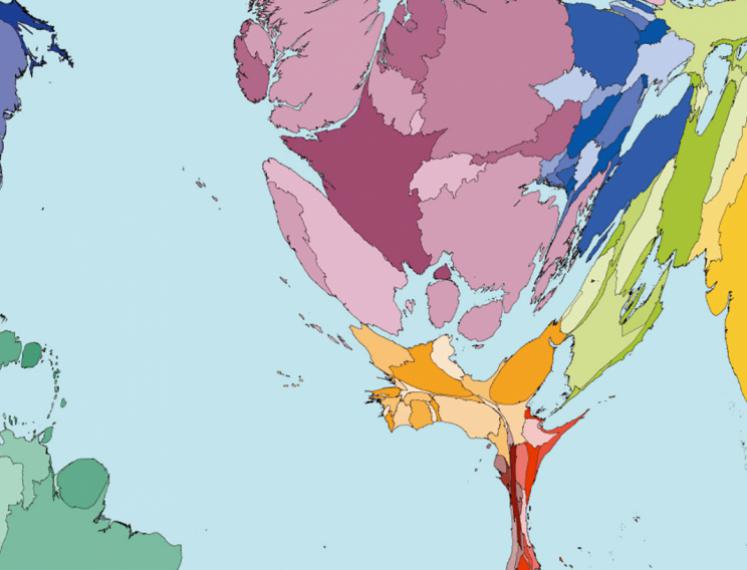online
Nederland
The Psychology of Conspiracy Theories
What psychological factors drive the popularity of conspiracy theories, that explain significant events and circumstances as secret plots by powerful and malevolent groups? What are the psychological consequences of adopting these theories? Research suggests that belief in conspiracy theories is driven by three main needs: the need to understand one's environment and reduce uncertainty, the need to feel autonomous and safe and the need to be part of a social group and have a positive self-image. But are these needs met by believing in conspiracy theories? Current research suggests that conspiracy theories may further frustrate, rather than fulfill, these psychological needs.
Karen Douglas is a Professor of Social Psychology at the University of Kent, United Kingdom. Much of her research investigates the antecedents and consequences of belief in conspiracy theories and she has published widely on this topic. Her research has been funded by the Economic and Social Research Council, The Leverhulme Trust, the British Academy, and the Australian Research Council.
This series is a collaboration between Studium Generale Groningen, Forum Groningen and the conference Nothing but the Truth, which takes place on 1-2 November in Groningen.





